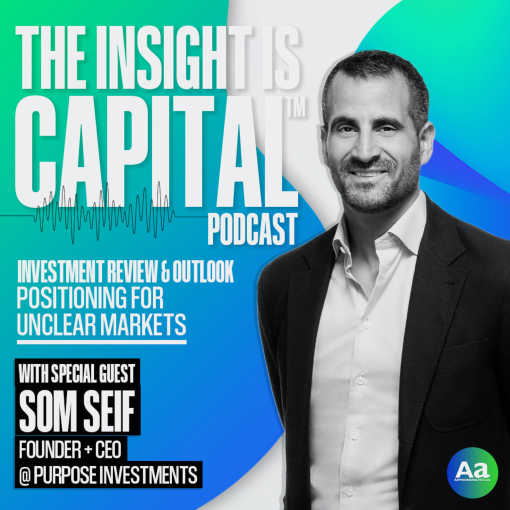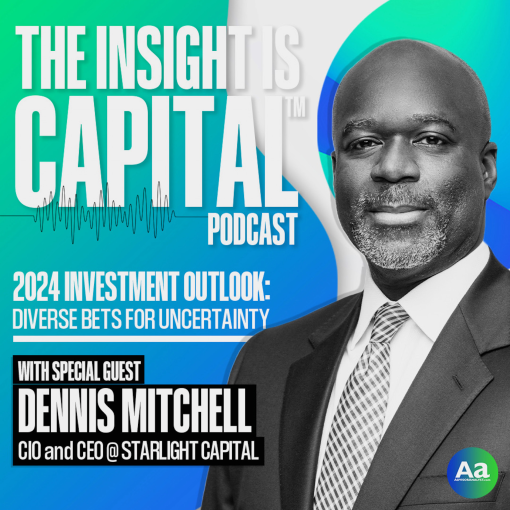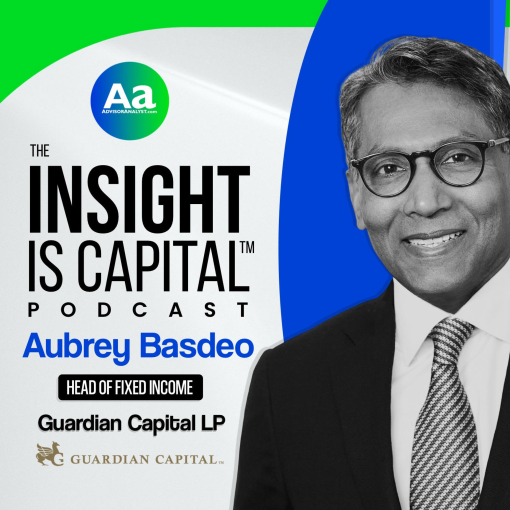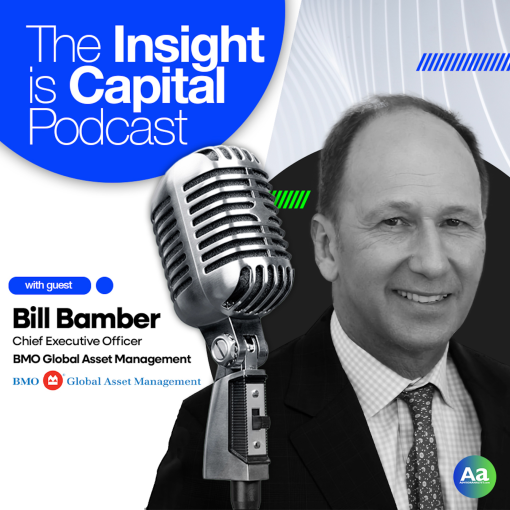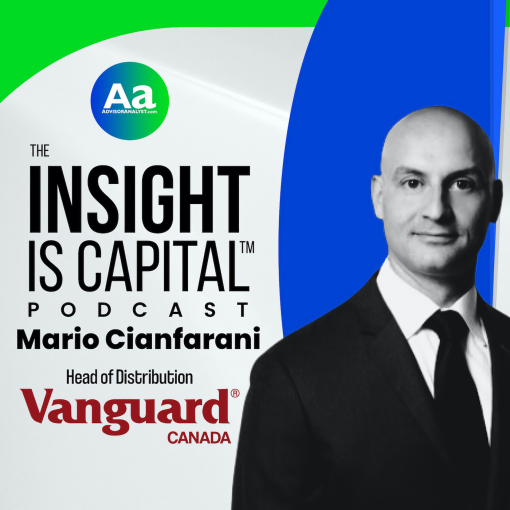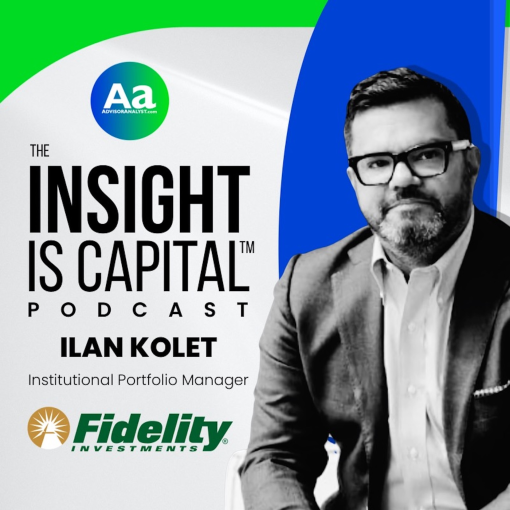In this conversation, Doomberg (https://doomberg.substack.com/) joins Pierre and Mike to discuss various topics including Bitcoin, the parallel between Michael Saylor and Hugo Stinnes, speculative mania, the parallels in the borrowing strategy of Hugo Stinnes and Michael Saylor, the pumpamentals driving distortions in the market and the flywheel effect, the geopolitical implications of the Russia-Ukraine conflict, the dangers of do-gooders and climate newspeak, and the natural gas situation and its unexpected impact on the economy.
The conversation covers various topics related to the resource and wealth potential of Canada and the US, the prolific natural gas development in the US, the strength of the US economy, Mexico’s hidden benefit from natural gas, the importance of secure borders, the economic boom in northern Mexico, the inconsistency of border security measures, the price discrepancy between natural gas and oil, the impact of natural gas prices on the economy, the role of natural gas in manufacturing, the implications of the Tonga eruption, the debate on climate change and carbon emissions, the potential consequences of sanctions on Russia, the capabilities of Russia, China, and India, the dangers of provoking Russia, the dangers of provoking Iran, the rise of nuclear power and gold, the ‘Prime’ time data center and the future of energy, and the importance of nuclear power for the AI revolution.
Takeaways
– Michael Saylor’s bet on Bitcoin has paid off, demonstrating the potential of high volatility assets.
– Speculative manias often precede currency debasements, making Bitcoin and crypto of interest.
– The borrowing strategy of Hugo Stinnes (WWI) and Michael Saylor (today) highlights the importance of real assets.
– Pumpamentals and the flywheel effect can create market distortions and lead to irrational behavior.
– The Russia-Ukraine conflict and geopolitical tensions have significant implications for energy markets.
– The dangers of do-gooders and climate newspeak can lead to the suppression of speech and the lack of trade-off discussions.
– The abundance of natural gas in North America has prevented a potential recession and supported the manufacturing and industrial sectors. Canada and the US have significant resource potential under the right leadership.
– The US is the most prolific natural gas producer in the world, with a sophisticated downstream manufacturing sector that takes advantage of cheap hydrocarbons.
– Mexico is a hidden beneficiary of the natural gas boom, with an industrial boom happening in northern Mexico powered by cheap natural gas.
– Secure borders are important for stability and economic growth.
– The price discrepancy between natural gas and oil has significant implications for the economy.
– Nuclear power and gold play important roles in the future of energy and wealth preservation.
– The AI revolution and the electrification of various industries will drive the demand for energy.
Where to find Doomberg
Doomberg on Substack
Copyright © AdvisorAnalyst.com
